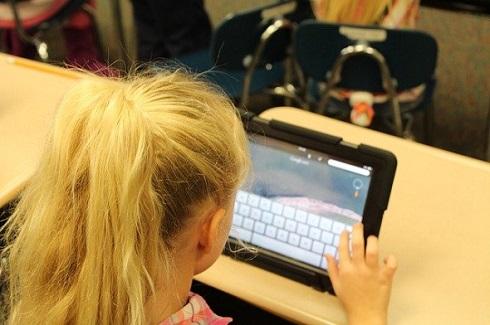
Published on: 09/02/21
Half of young people encounter misleading content online on a daily basis, according to UK Safer Internet Centre.

Published on: 09/02/21
Being online is more important than ever, but young people face challenges in identifying misleading content. Research by UK Safer Internet Centre (UKSAC) has found:
• 77% of young people say being online is a more important part of their life in 2020 than ever before, with 65% enjoying online lessons during lockdown amidst school closures.
• 48% of young people are seeing misleading content every day, with more than one in 10 seeing it more than six times a day – often leaving them feeling annoyed, upset, sad, angry, attacked or scared.
• 43% of young people have noticed their friends and peers sharing misleading content (such as fake news) online.
• 62% of young people have had friend requests from people they don’t know.
• 59% of young people are aware they have a responsibility to report potentially damaging, harmful or misleading content online, but overall are more likely to block misleading content (21%) than report it (16%).
Whilst the majority of young people feel they have a responsibility to report misleading content that could be harmful online, 53% of young people surveyed also believe they have a responsibility to educate family and friends and to ‘call them out’ as and when they share it. 61% of these young people also want to learn more about how to spot misleading content online, with young people calling on social media and other online platforms (78%) and the government (72%) to do more to get involved in tackling misleading content online.
To support young people, the UKSIC has a library of free educational resources at www.saferinternetday.org.uk to provide parents, schools and other members of the children’s workforce with the tools they need to safely navigate the internet.
Will Gardner OBE, Director of the UK Safer Internet Centre, said: “This is the most important Safer Internet Day ever. We are in lockdown and being online continues to be a lifeline for most children during the pandemic, in terms of their education and social lives, and also as a form of support. Our research released today sheds a light on this, as well as children and young people’s experience of unreliable content. It shows they are making decisions all the time on the trustworthiness of content they see or are sent, or contact they receive, as well as showing the impact this has on them. We need to listen to young people, and hear the strategies they are already using, and we need to work to support them. Managing unreliable content and contact is fundamental to being safe online, as well as for looking after others online.
“Safer Internet Day provides the perfect opportunity to generate the conversations that need to take place to support children in their online lives. Through all the activities taking place today, across the UK, we can all work to help empower young people, and those that support them, to be better able to harness and use the positive power of the internet for good.”
Children and Families Minister Vicky Ford said: “As children are living in an increasingly digital world, it is vitally important that they are able to separate fact from fiction and challenge or question any misinformation they may come across.”
Amy from The Children’s Trust tells us how apps can help and we share 16 apps that are especially helpful.
Therapist Amy gives us some inspiring adaptive tech ideas that are great for birthdays and Christmas.